Podcast: Play in new window | Download (Duration: 26:01 — 35.8MB) | Embed
Subscribe: Apple Podcasts | Spotify | Amazon Music | Android | Pandora | iHeartRadio | JioSaavn | Podchaser | Gaana | Podcast Index | Email | TuneIn | Deezer | Anghami | RSS | More
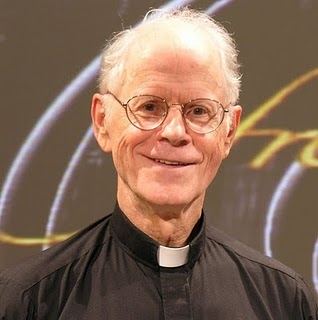 It was with great joy we had the opportunity to talk with Fr. Thomas Dubay. His work on “Fire Within” and all the programs he gave us on EWTN was instrumental in my spiritual growth. In those early days, he was like having a distant spiritual director who guided me, as well as the rest of us, toward a deeper relationship with Christ.
It was with great joy we had the opportunity to talk with Fr. Thomas Dubay. His work on “Fire Within” and all the programs he gave us on EWTN was instrumental in my spiritual growth. In those early days, he was like having a distant spiritual director who guided me, as well as the rest of us, toward a deeper relationship with Christ.
He told me once, “Kris, the best theology books are the lives of the saints; you study them and you won’t be led astray.” Fr. Thomas Dubay, in a very real way, helped inspire the work of this blog and its mission.
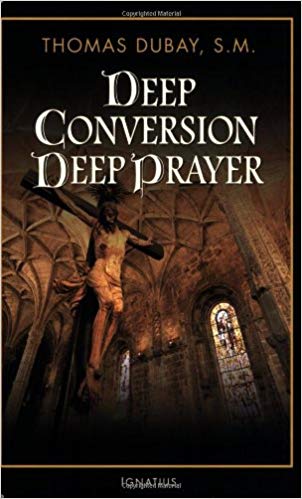 Here is where you can find the book we discuss
Here is where you can find the book we discuss
From the book description
Fr. Thomas Dubay is one of the most popular and respected retreat masters and spiritual directors in the USA. He is the author of the perennial best-selling book on prayer and contemplation, Fire Within. In this book, he responds to the call to priests by both Pope John Paul II and Benedict XVI to help believers and all those interested in spirituality to develop a deeper prayer life and union with God.
As in his other popular writings, Dubay’s style is profound and meditative yet clear and readable. He gives an overview of the spiritual life and journey for anyone seeking to grow in the love of God and neighbor. An expert on the teachings and writings of the two great mystical doctors of prayer and the spiritual life, Teresa of Avila and John of the Cross, Dubay gives solid practical advice for a deepening moral and spiritual conversion, and a radical growth in holiness.
Topics covered in depth in this book include:
-
The Radical Conversion
-
Relevance and Motivation
-
Conversion and Genuine Love
-
Degrees of Depth
-
Remarkable Resistance
-
Called to the Heights
-
Sure-fire Program

 St. Bernard and “On Loving God” – The Mystery of Faith in the Wisdom of the Saints
St. Bernard and “On Loving God” – The Mystery of Faith in the Wisdom of the Saints 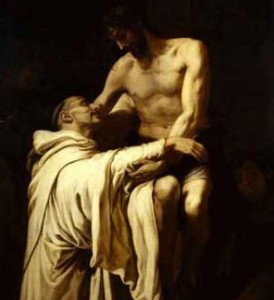

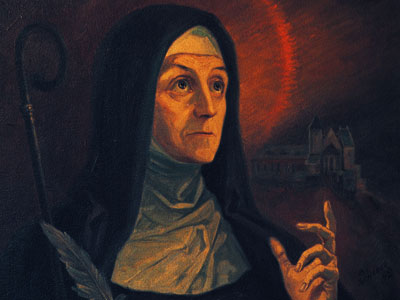
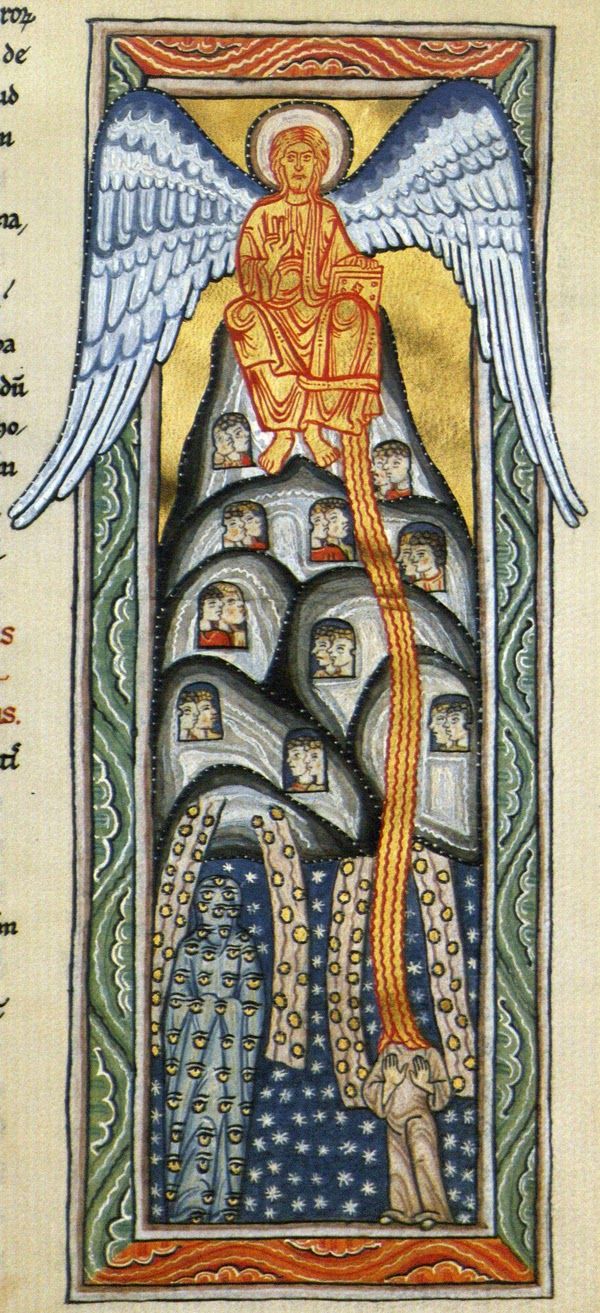
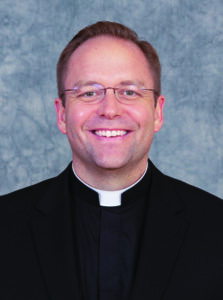
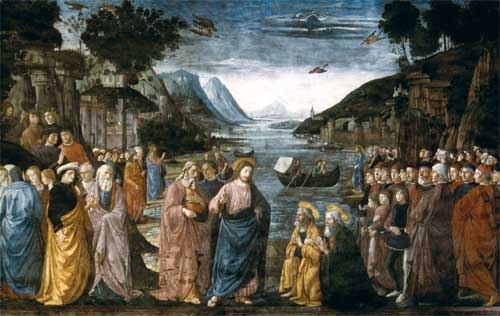
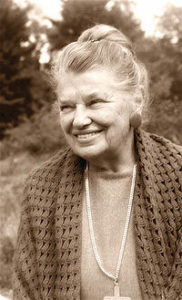 We discovered an incredible audio of a conference talk given in the late 70’s by the Baroness herself, Servant of God Catherine de Hueck Doherty. She is the co-founder of the Madonna House Apostolate and one of our absolute favorite authors. We dare you not to be moved by her words!
We discovered an incredible audio of a conference talk given in the late 70’s by the Baroness herself, Servant of God Catherine de Hueck Doherty. She is the co-founder of the Madonna House Apostolate and one of our absolute favorite authors. We dare you not to be moved by her words!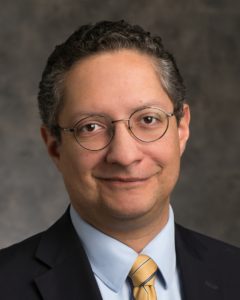
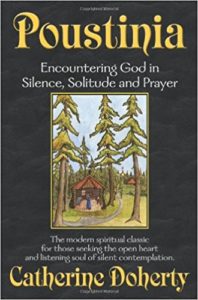


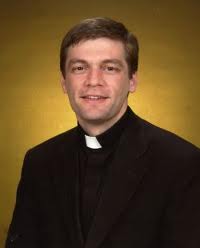
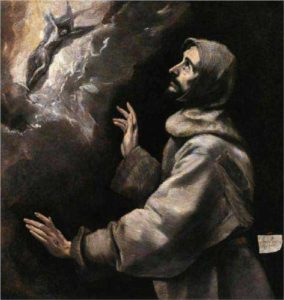 Resources:
Resources: Two Modes of Discernment – “What am I to do?” The Discernment of God’s Will in Everyday Decisions with Fr. Timothy Gallagher
Two Modes of Discernment – “What am I to do?” The Discernment of God’s Will in Everyday Decisions with Fr. Timothy Gallagher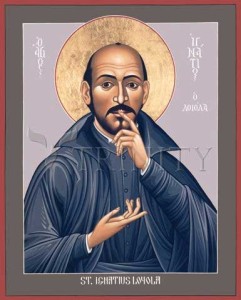 Discerning Hearts Reflection Questions:
Discerning Hearts Reflection Questions: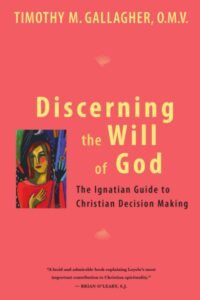
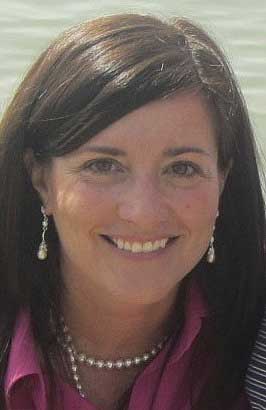
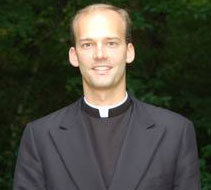

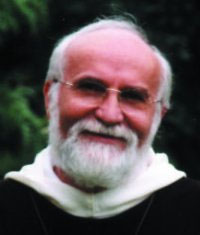
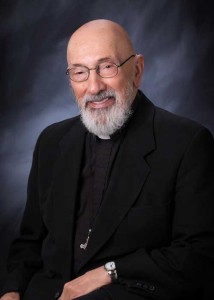
 The Church prepares a spiritual retreat for all of us during Lent. The Holy Spirit is transforming you in a radical way so that you become more like Jesus Christ…the day by day exercise of Morning Prayer, the Eucharist and Evening Prayer, Fasting and Almsgiving, and the other moments of contemplative prayer aids in the transformation…our ego decreases and Jesus increases in our minds and in our hearts.
The Church prepares a spiritual retreat for all of us during Lent. The Holy Spirit is transforming you in a radical way so that you become more like Jesus Christ…the day by day exercise of Morning Prayer, the Eucharist and Evening Prayer, Fasting and Almsgiving, and the other moments of contemplative prayer aids in the transformation…our ego decreases and Jesus increases in our minds and in our hearts.